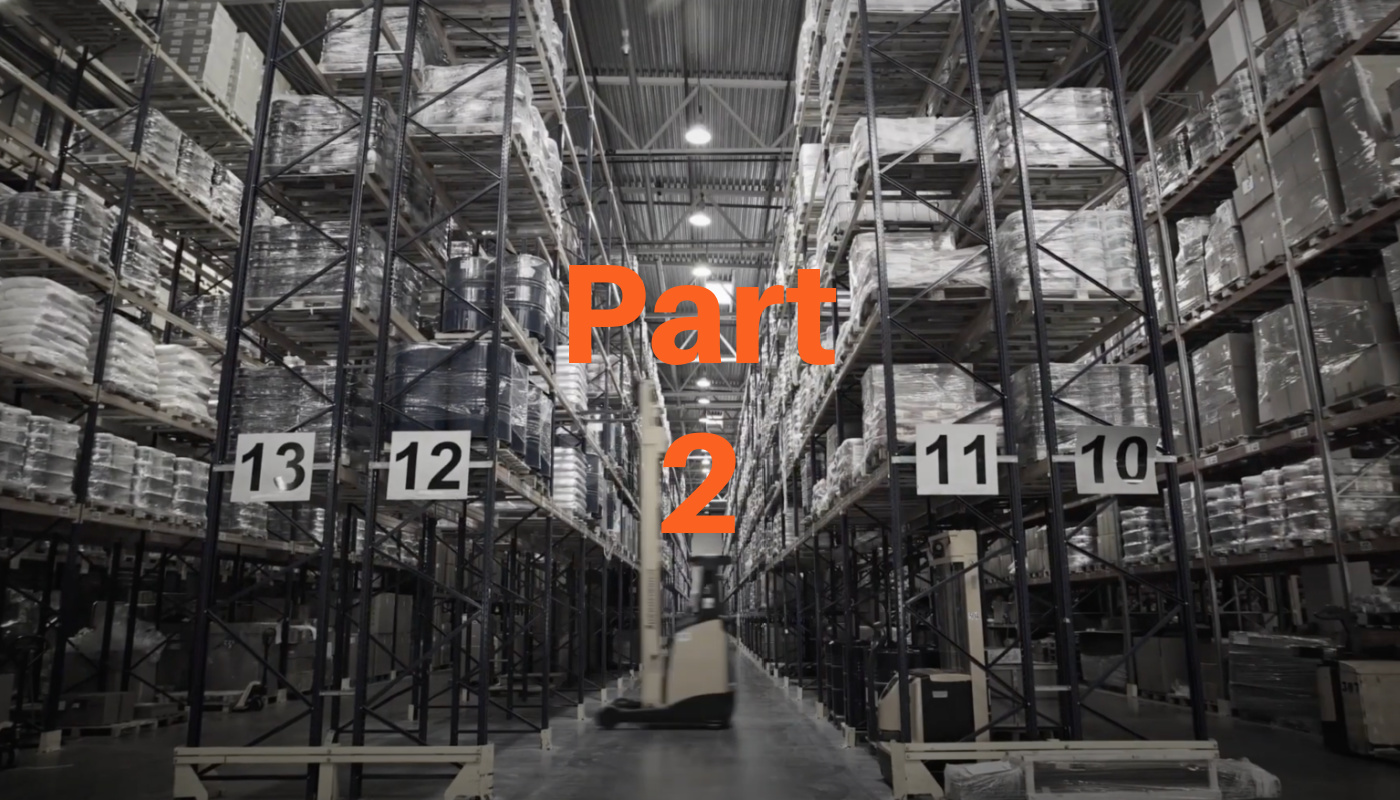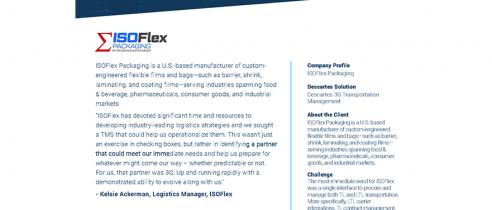Blog
TMS Buying Guide | Part 2- 4 Financial Benefits of a Transportation Management System

4 Financial Benefits of a Transportation Management System
There has never been a better time to consider investing in a transportation management system (TMS). There is a long list of advanced capabilities a TMS can provide for freight brokers and 3PLs, while at the same time, it is becoming more accessible to logistics service providers of all sizes.
Stakeholders across an organization have a vested interest in what TMS is selected. If we were to approach the list of benefits solely through the lens of the financial impact, what would the list look like?
There are different ways to approach justifying a software expenditure and the associated organizational changes. The financial benefit often boils down to getting a return on investment (ROI). For investing in a TMS to make financial sense, it needs to lead to improvements in at least one category: sales growth, risk reduction, efficiency, or customer experience. With the right TMS solution, businesses can expect a return in each of these categories.
Sales growth – A TMS unlocks more growth opportunities, leading to an increase in revenue.
Risk reduction – Losses decrease where a TMS has helped to mitigate risk.
Efficiency – Automation to reduce task completion time can mean increased productivity without increasing the employee headcount.
Customer experience – A better experience can increase customer loyalty and retention.
How does a TMS support increased sales?
When a business is equipped with a flexible TMS, it can adapt to changing market demands and new business objectives. It can quickly and easily scale or offer new lines of service, whereas a legacy system constrains a growing business. A TMS opens the door to a higher volume of sales through support from flexible and advanced capabilities.
A TMS also helps the business reduce freight costs and provide more services by increasing value for its customers—through advanced analytics, optimization algorithms, and automation. This gives a competitive advantage that translates to increased sales.
How does a TMS reduce risk?
There are numerous ways to reduce risk in transportation management—which together fall into the categories of detecting or preventing disruptions, problems, or errors. This could be in any area of operations—orders, routing, rates, tracking, or billing, for example. A TMS detects discrepancies quickly for less chance of a growing problem. The opportunity for human error also decreases through automation – replacing manual, repetitive (and possibly redundant) work. If there are outside disruptions, such as from a supply chain partner, a TMS has the visibility to enable a faster response and better decision-making to lessen the impact.
How does a TMS save employees time?
A TMS can increase productivity for employees where it enables more streamlined workflows. Automation handles processes that consume the valuable time of employees (processes that don’t require decisions from a human or personal interaction), such as collecting information on a load or invoicing the customer. On the flip side, powerful algorithms save time by making optimized, data-driven decisions better than a person could.
Customer and carrier onboarding is another workflow that can be made more time-efficient with a TMS that offers the right tools. Employees’ time is freed up to work on other tasks where their skills have the highest ROI.
How does a TMS improve customer service?
Many of the benefits of a TMS already mentioned come back around to benefiting the customer. Offering new services and in-demand functionality, reducing freight spend, reducing errors, improving visibility, and creating a frictionless customer service experience all contribute to a more satisfied customer, who ultimately remains a customer. Customer portals, providing a level of self-serve visibility and interaction, further drive value for those customers prioritizing digital transformation.
Grow faster with the right TMS
These benefits are only possible with a TMS that fits your business needs at each stage of its lifecycle. A TMS must offer these features along with flexibility to choose exactly what you need, to prevent over-buying or outgrowing and help you maximize your ROI.
Schedule a demo to see how 3G’s TMS can help you accelerate growth and better serve your customers.







